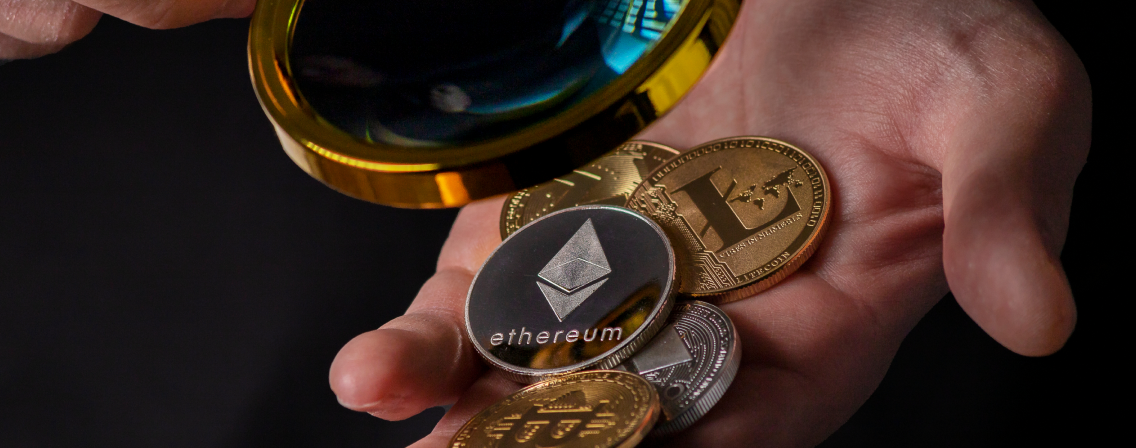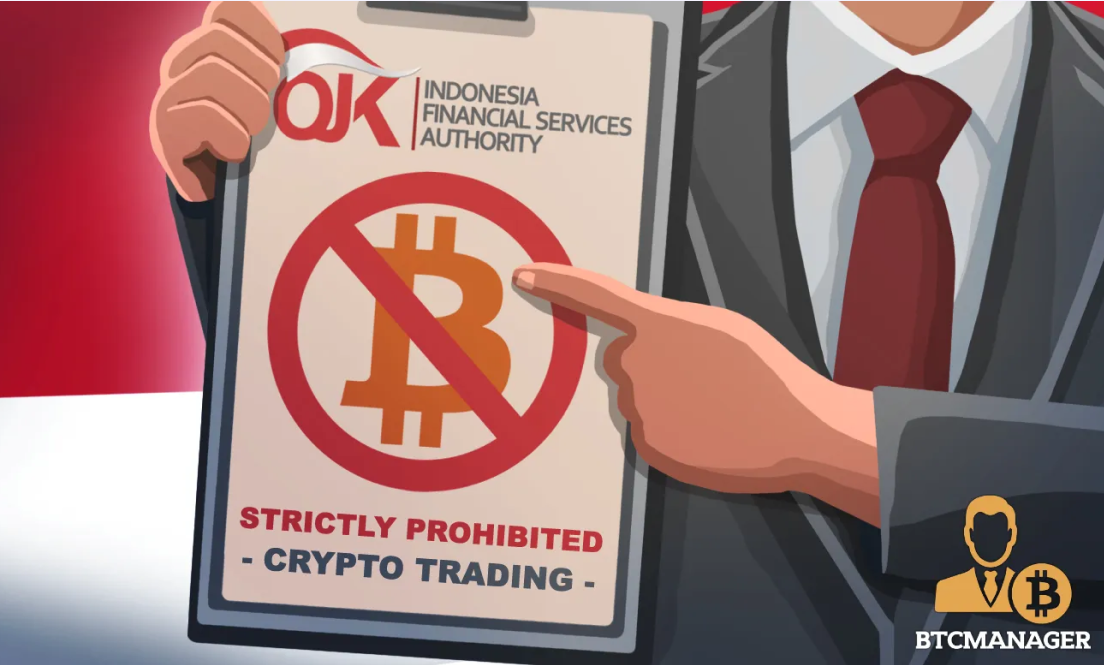Cryptocurrency Under Siege: Indonesia's Effort to Regulate Digital Currency Raises Concerns

In the midst of a growing cryptocurrency economy in the country, regulatory challenges persist for global cryptocurrency platforms. The regulations in question aim to restrict the promotion of cryptocurrencies and mandate the establishment of a local office in Indonesia. The Indonesian government has adopted a stricter stance toward global companies, blocking access to social media and websites, which has hampered operations for major players such as Binance and Bybit.
As a rapidly growing economy with substantial investment potential, Indonesia is experiencing significant expansion in its cryptocurrency sector. Currently, 23 companies are officially regulated and operating in the country, while 501 cryptocurrency assets have been approved for trading. The massive growth of cryptocurrency in Indonesia continues to rise, with the current transaction value soaring to Rp103.58 trillion, a 207.5 percent increase compared to February 2024, when it was Rp33.69 trillion a year before. The number of cryptocurrency customers has also grown significantly. As of June 2024, the number of cryptocurrency customers has reached 20.24 million, with an average growth of around 430,500 customers per month since February 2021. With this growing industry, there is ongoing discussion about positioning Indonesia as the Asian hub for cryptocurrency by attracting more global crypto companies to invest and establish their businesses in the country.
However, challenges remain in regulating and ensuring compliance with Indonesian regulations, as cryptocurrency is considered a high-risk investment. Trading in cryptocurrency through exchanges requires robust risk mitigation, including regulatory support. The government, through the Commodity Futures Trading Regulatory Agency (Bappebti), is currently considering implementing security features for trading to ensure the protection of public transactions. While some regulations have already been established to ensure the safe promotion of cryptocurrency, challenges remain for foreign crypto companies in complying to the regulations.
The latest regulation is outlined in Article 5 of Bappebti Regulation Number 8 of 2021 on the Guidelines for the Implementation of Physical Market Trading of Crypto Assets on Futures Exchanges, as amended by Bappebti Regulation Number 13 of 2022. This regulation states that the trading of physical crypto assets in Indonesia can only be conducted by prospective crypto asset physical traders or crypto asset physical traders who have obtained registration or approval from the Head of Bappebti. This regulation also strictly prohibits cryptocurrency trading companies from offering crypto asset products to the public through advertisements outside the company's official media channels.
The Ban on Foreign Cryptocurrency Companies in Indonesia
The Ministry of Communication and Information Technology (Menkominfo) has blocked several Instagram accounts of foreign cryptocurrency trading companies in Indonesia. Some of the affected companies include Binance and Binance Indonesia, Bybit and Bybit Indonesia, Bitget Indonesia, Kucoin Exchange, and Mexc. As of now, the Instagram accounts of these companies remain blocked by the Indonesian government. Furthermore, their websites have also been blocked, limiting access for Indonesian customers to trade or use the services of these companies.
Bappebti has informed that this ban is requested for a preventive measure against potential losses, as these crypto companies do not yet have business permits in Indonesia. The regulation has become more strict due to the transfer of crypto asset supervision duties from the Commodity Futures Bappepti to the Financial Services Authority (OJK) being completed. This transfer is still in the preparation and transition stages, which is expected to be completed by January 2025. The government of Indonesia had previously imposed a ban on various foreign crypto platforms such as Binance, Bybit, Kraken, KuCoin, and Coinbase in July 2022. The reason behind this ban was that these platforms did not have the required Electronic System Provider (PSE) license mandated in Indonesia.
These bans illustrate how challenging it is to navigate Indonesia's regulations, given the frequent changes imposed in a short time. The government aims to develop local industries and implement more robust regulations to adopt a stricter approach towards foreign crypto companies. Meanwhile, crypto companies have also established local offices or formed partnerships with local traders. For instance, Binance and Tokocrypto have partnered, making it easier for Binance to offer their services to Indonesian customers. Bappebti has adopted a stricter approach towards foreign companies as it transitions to overseeing cryptocurrency companies and trading. Meanwhile, the OJK has requested the Ministry of Information and Communication to ban the social media accounts of these companies to ensure their compliance with national regulations.
While acknowledging the growth and potential of cryptocurrencies, the government needs to establish more consistent regulations for the industry. Although this will be challenging, foreign crypto companies and traders must comply with these regulations to operate their businesses. Despite ongoing efforts by the government to ensure customer safety in cryptocurrency trading, there remains a challenge in creating a more sustainable and healthy environment for investing in crypto and developing the cryptocurrency industry. To ensure a healthy relationship between the government, consumers, and crypto companies, regulations should accommodate the needs for investment growth. These efforts can result in clearer guidelines on how to enter the cryptocurrency market in Indonesia, fostering a more structured and supportive environment for all stakeholders.

Deconid, a premier consultancy firm, has assisted various industries with our extensive knowledge and connections within the Indonesian government. Amidst the fast and frequent changes in Indonesian regulations, we help global companies with problem-solving, maintaining strong relationships, and conducting thorough research on how to enter the Indonesian market.
For more information, please visit our website at deconid.com or contact us at [email protected].